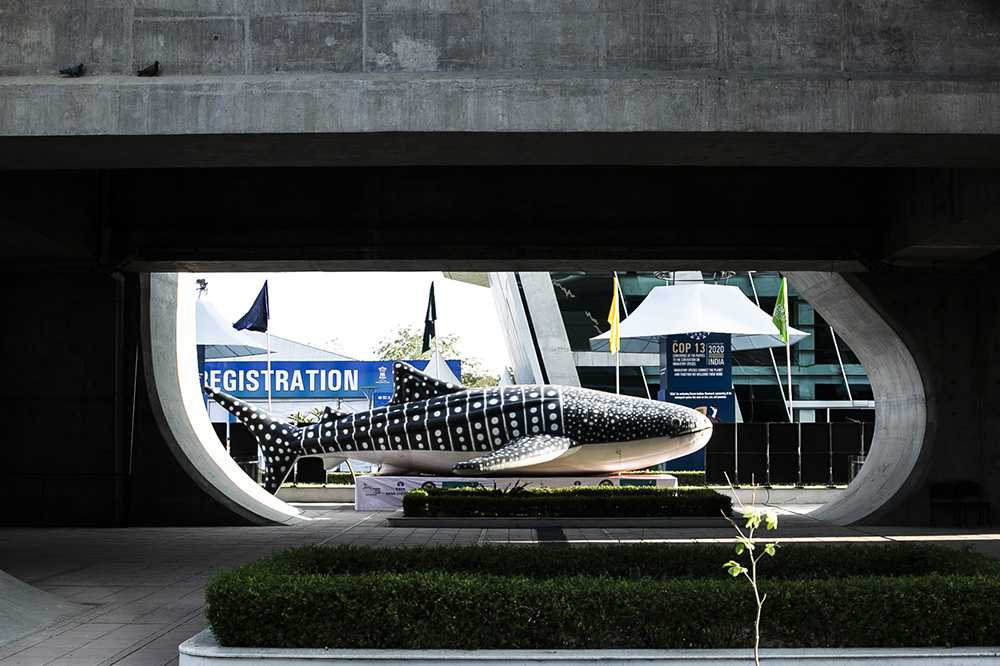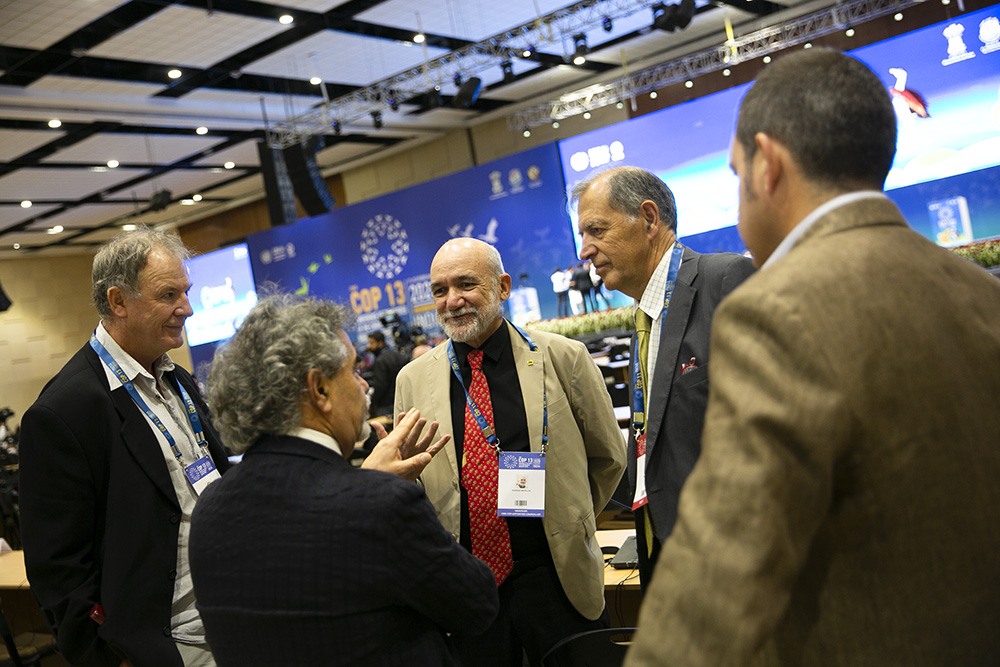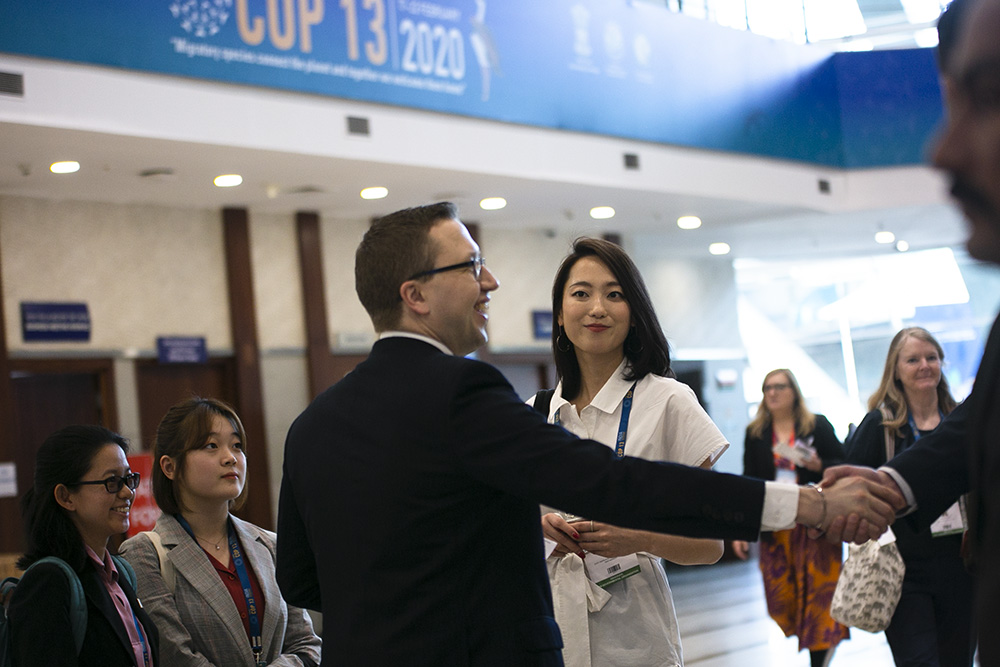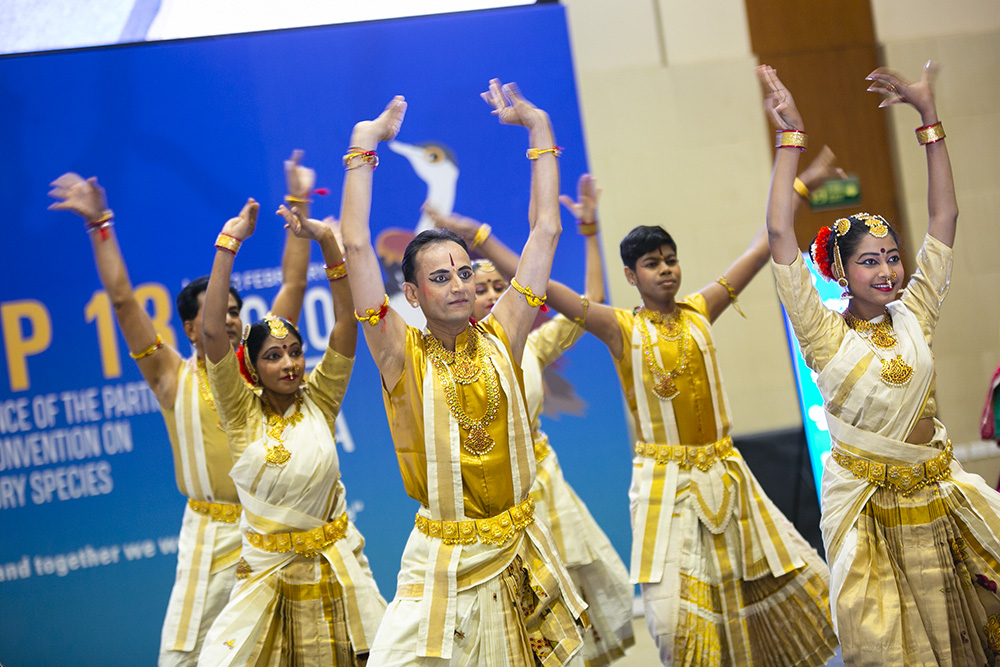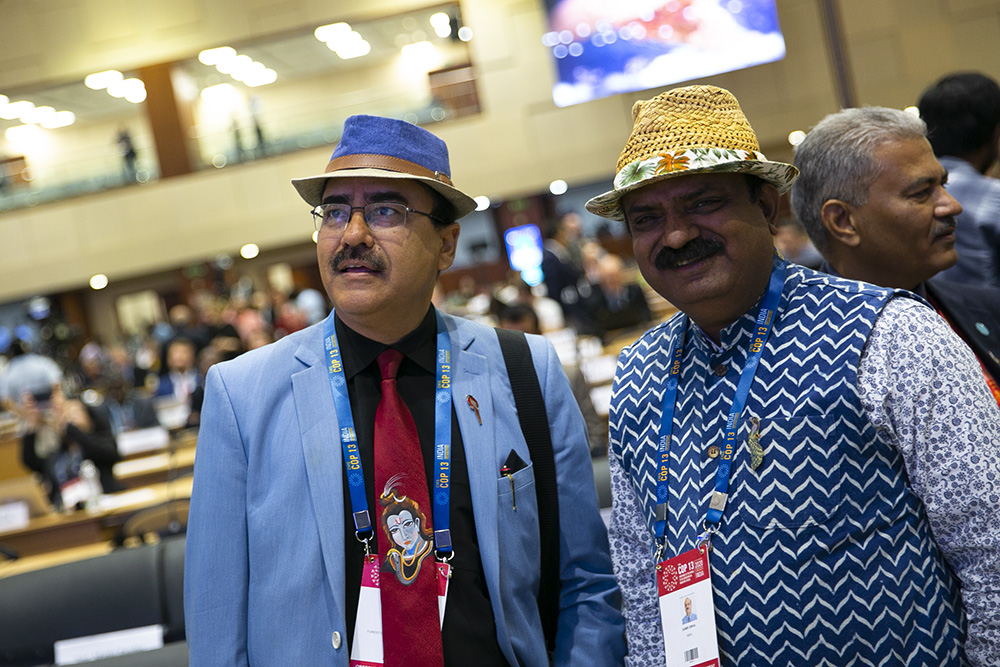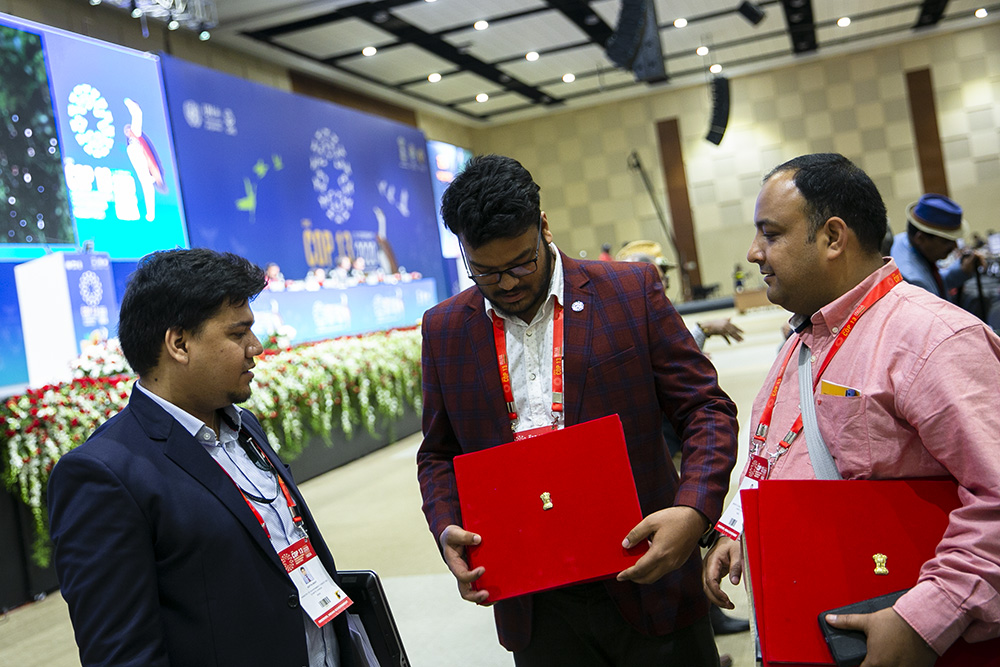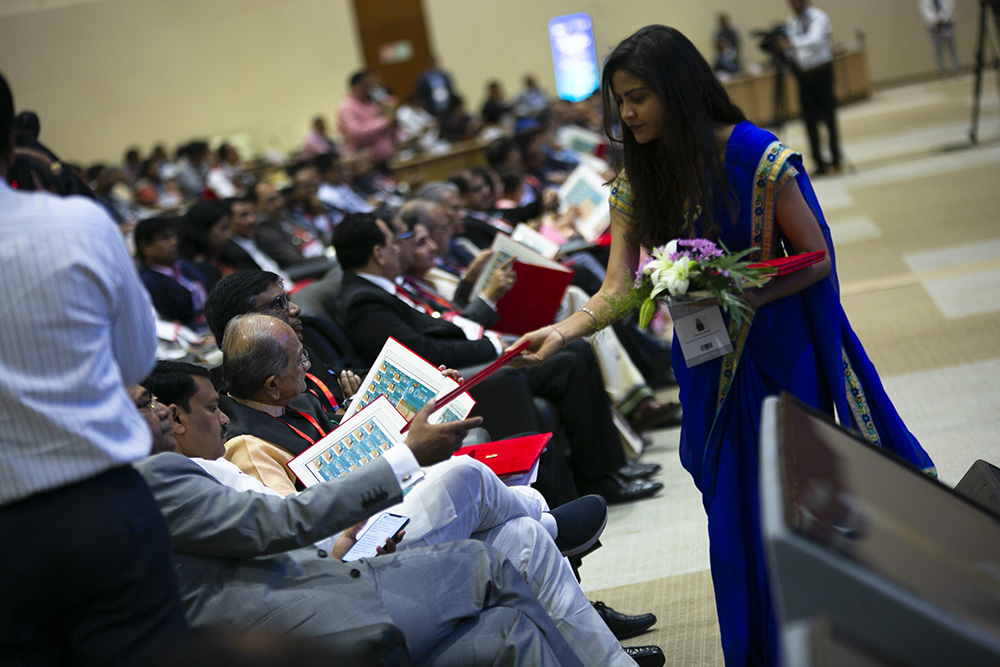Summary
Highlights for Monday, 17 February 2020
Participants convened in the morning for the official opening of CMS COP13. In the welcoming address, Chandra Kishore Mishra, Secretary, Ministry of Environment, Forest and Climate Change, India, drew attention to his country’s megadiversity and, noting that Gujarat was home to Mahatma Gandhi, called on COP13 participants to champion the freedom of migratory species the way Gandhi championed human freedom.In a video address, astronaut Luca Parmitano, European Space Agency, observed that the view from space provides clarity on how all earthly systems are deeply connected and crucial to sustaining all life. Drawing attention to the unnatural rate and unprecedented scale of planetary change, he called on CMS COP13 to work to halt the disappearance of migratory species.Amy Fraenkel, Executive Secretary, CMS, stressed the important role this meeting will play in shaping the Post-2020 Global Biodiversity Framework. In light of dramatic declines in migratory species, she identified a need for ongoing flagship reports for CMS on the “State of the World's Migratory Species.”Prakesh Javadekar, Minister of Environment, Forestry and Climate Change, India, situated COP13 within the Indian context of rich biodiversity and a cultural respect for nature. Narendra Modi, Prime Minister of India, addressed the COP via video link, and welcomed all participants to the land of Mahatma Gandhi. He highlighted some of the many Indian successes in wildlife conservation including the emblematic tiger, lion, elephant, snow leopard, rhinoceros, and the great Indian bustard. Vijay Rupani, Chief Minister of Gujarat, India, highlighted some of his state's successful conservation efforts and blessed the Gujarat community for their pride in wildlife protection.John Scanlon, African Parks, gave a heartfelt speech to commemorate the passing of Bradnee Chambers, former Executive Secretary of CMS. He described Chambers’ commitment to improving international environmental governance, both as an academic and as a practitioner. He said Chambers was a major proponent of establishing connectivity between processes, and raised the profile of CMS within the multilateral environmental agreement (MEA) landscape. Scanlon invited delegates to honour his legacy by working together to ensure a strong outcome from COP13. The COP proceeded to address organizational matters and establish the Committee of the Whole. In the evening, participants enjoyed a reception organized by India. For more details on the day’s negotiations and to hear what delegates said in the corridors, see our daily Earth Negotiations Bulletin.
IISD Reporting Services, through its Earth Negotiations Bulletin (ENB) Meeting Coverage, has provided daily web coverage, daily reports, and producde a summary and analysis report from CMS COP13 which is now available in HTML and PDF.
Photos by IISD/ENB | Sean Wu
For photo reprint permissions, please follow instructions at our Attribution Regulations for Meeting Photo Usage Page
Opening Ceremony and Plenary
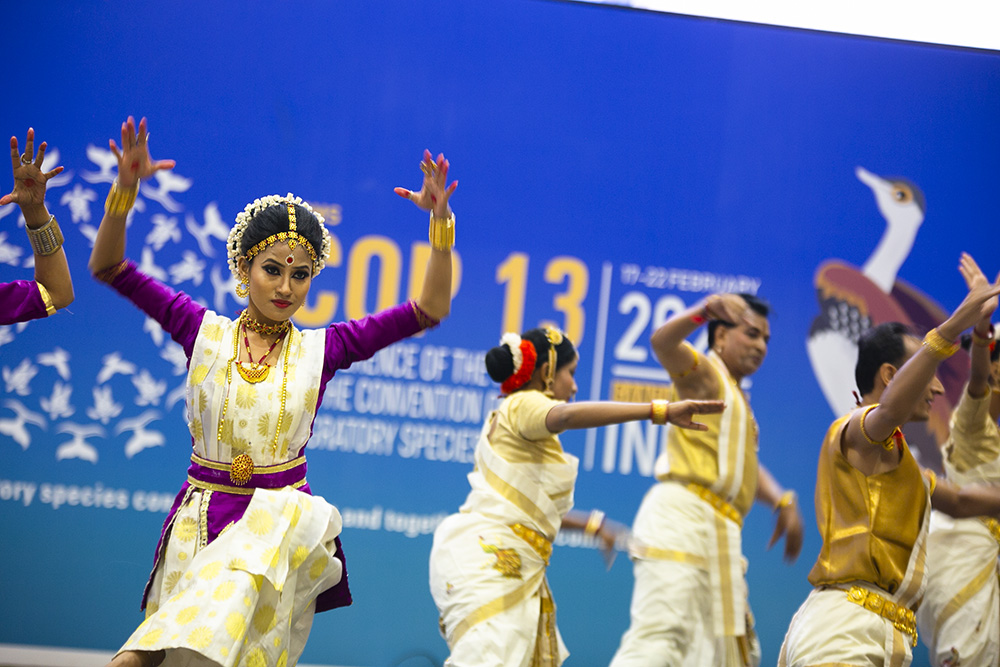
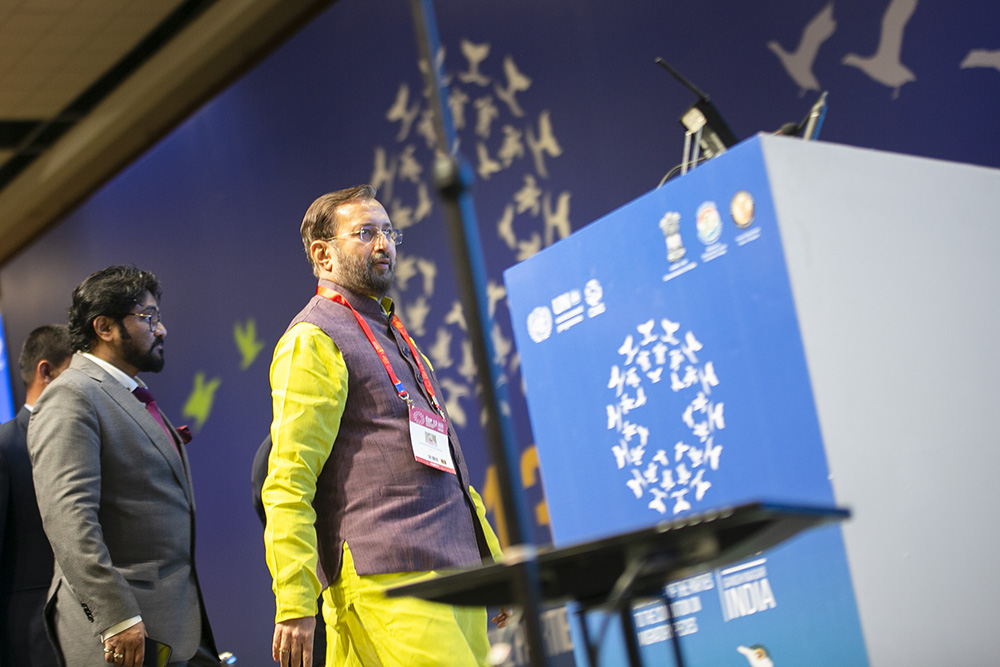
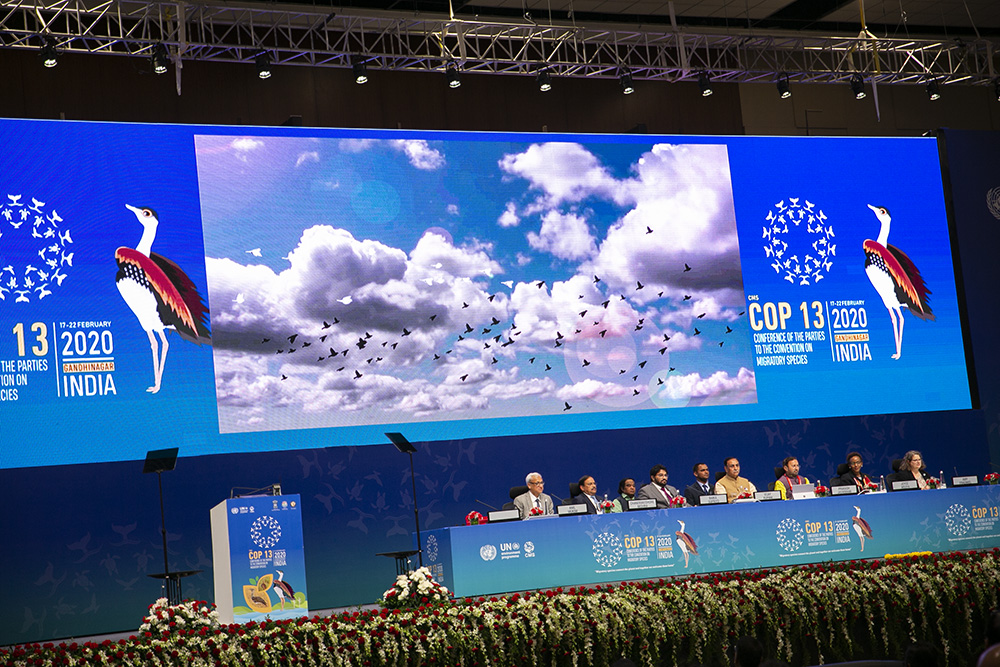
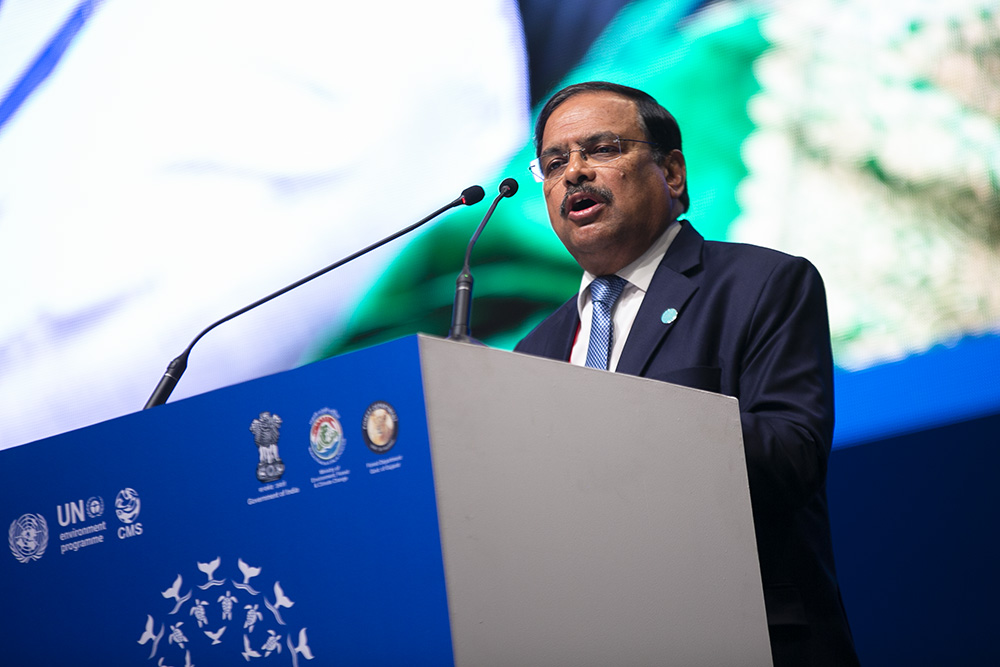
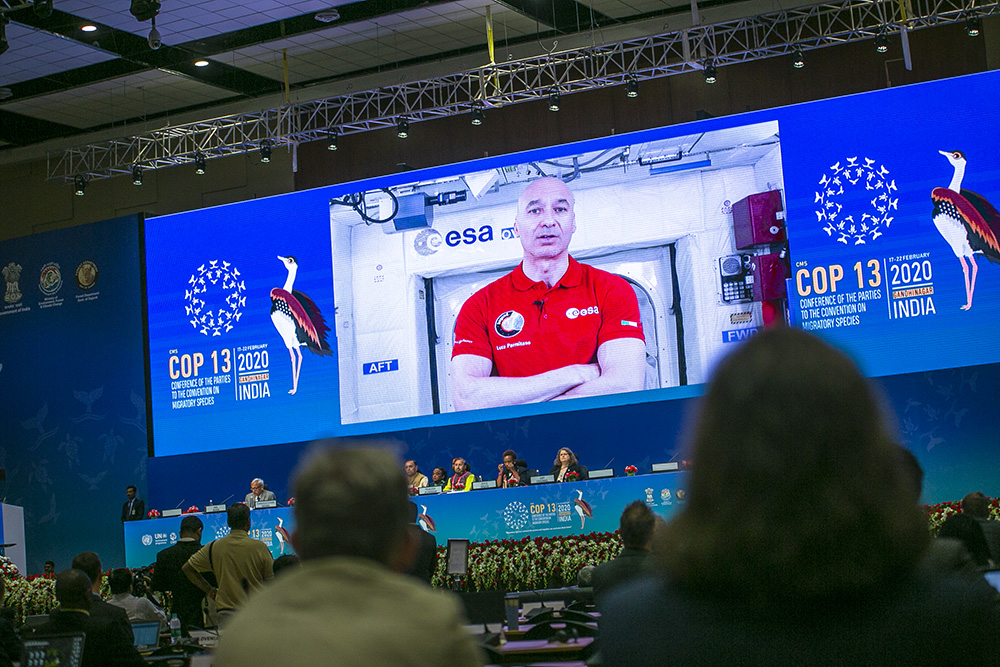
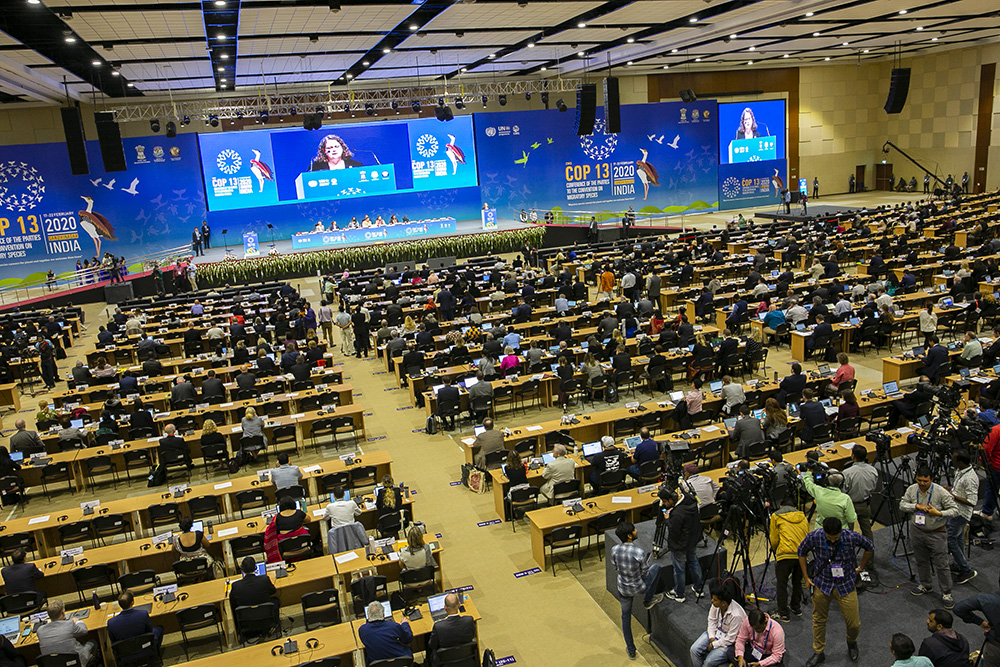
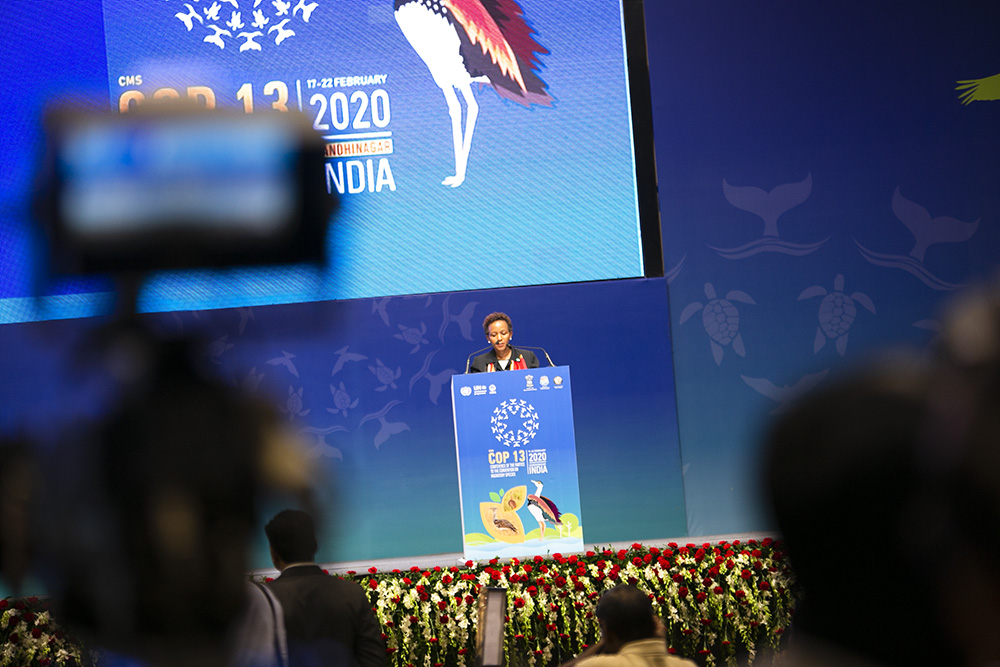
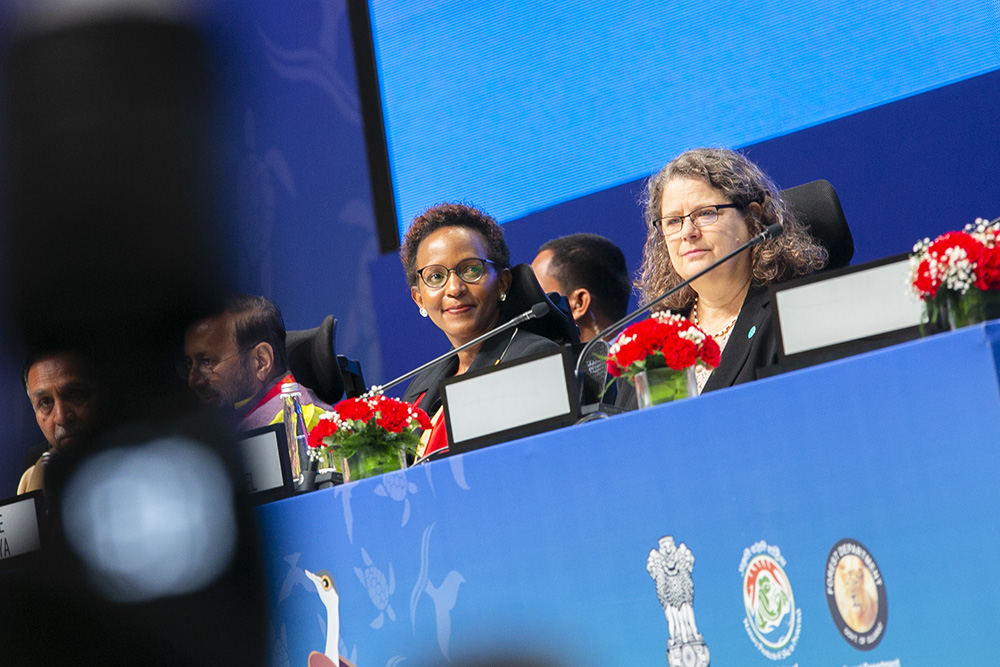
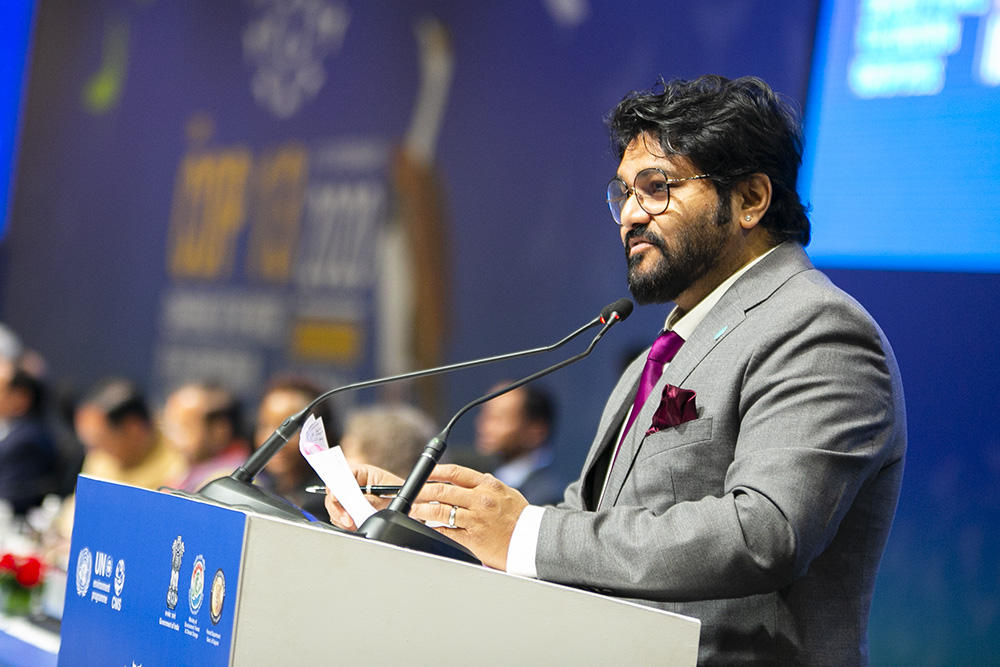
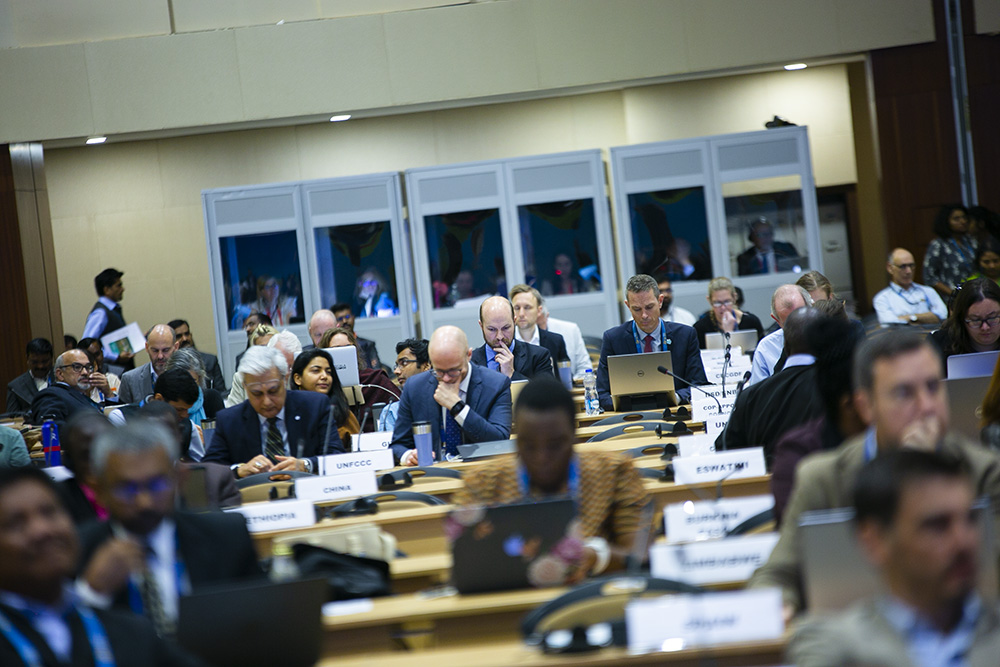
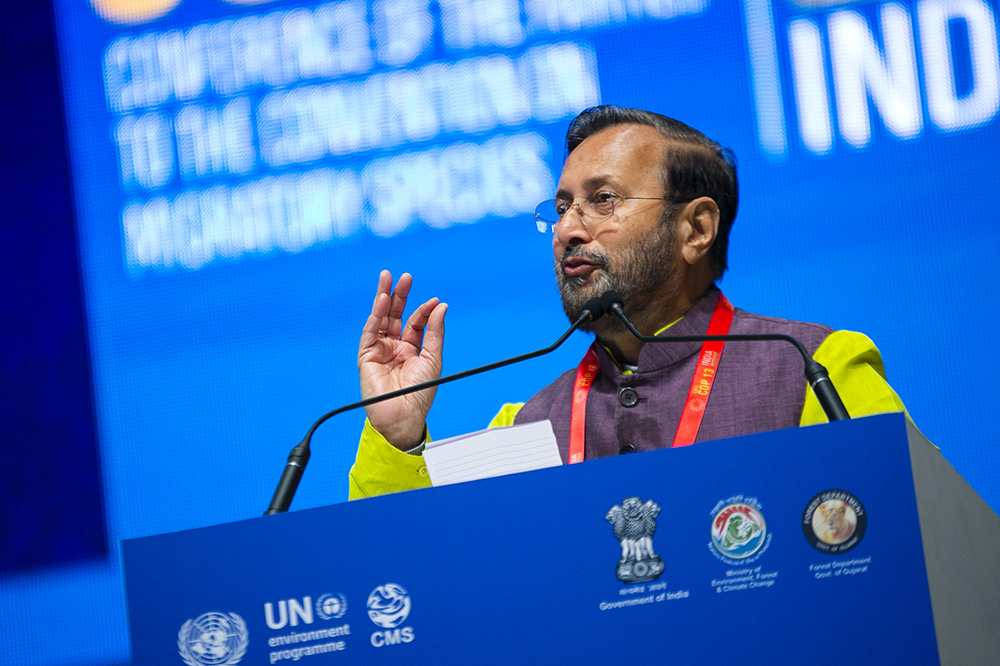
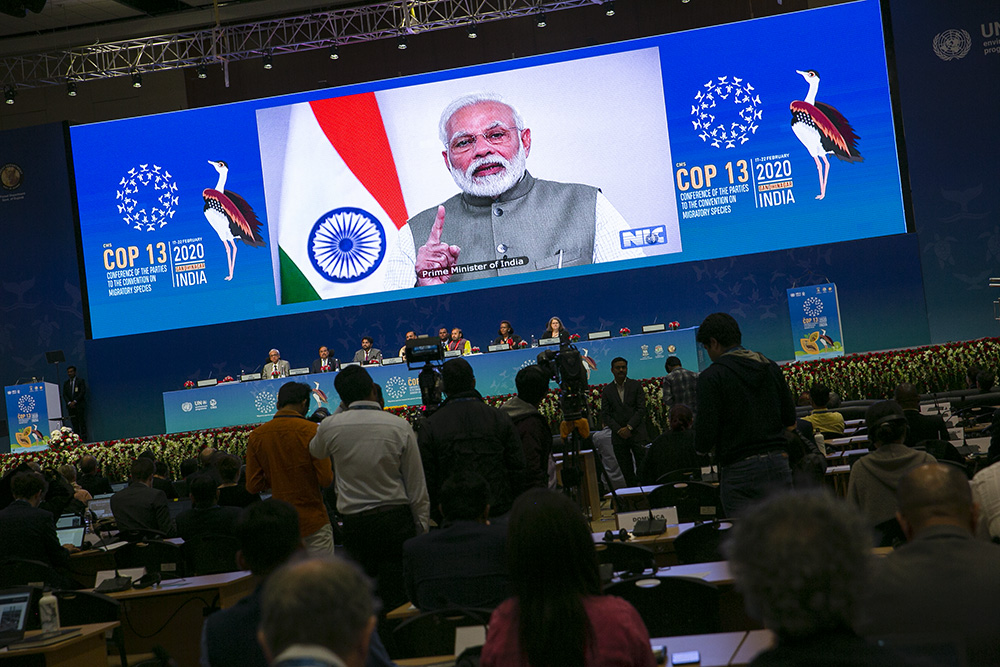
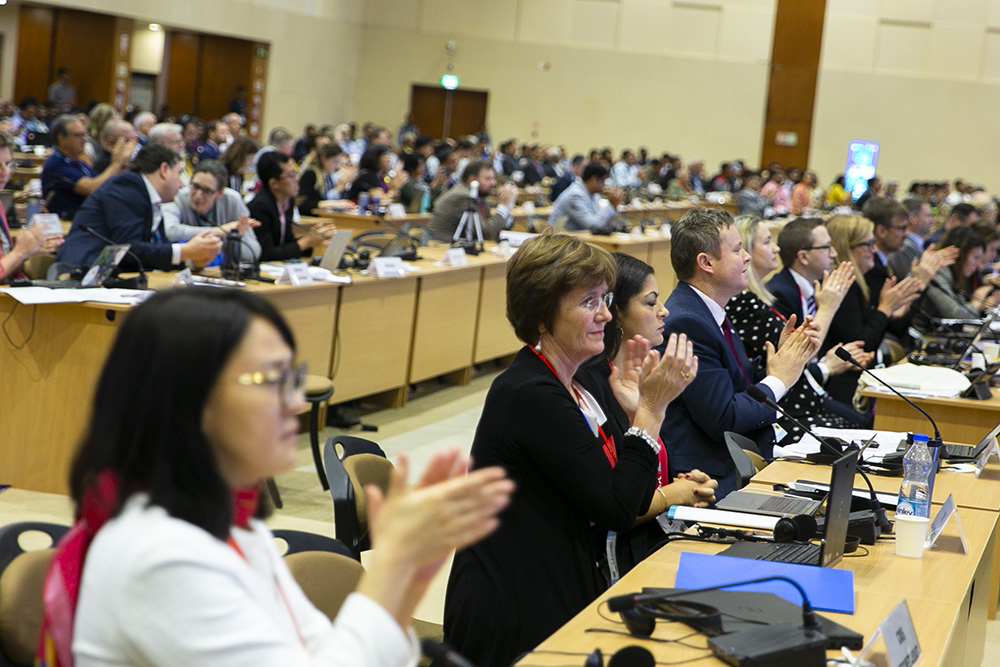
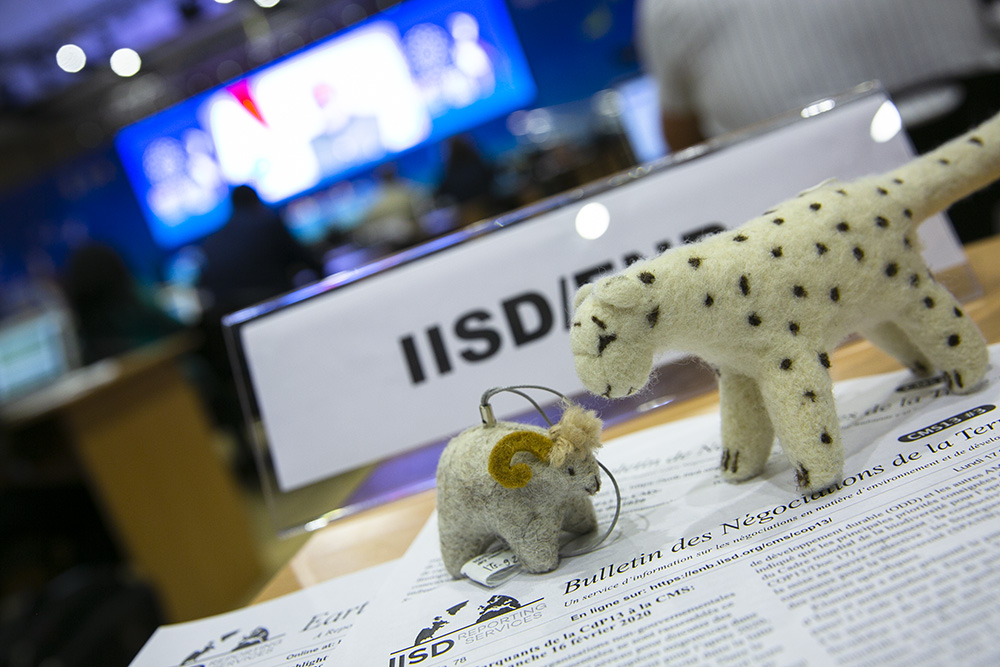
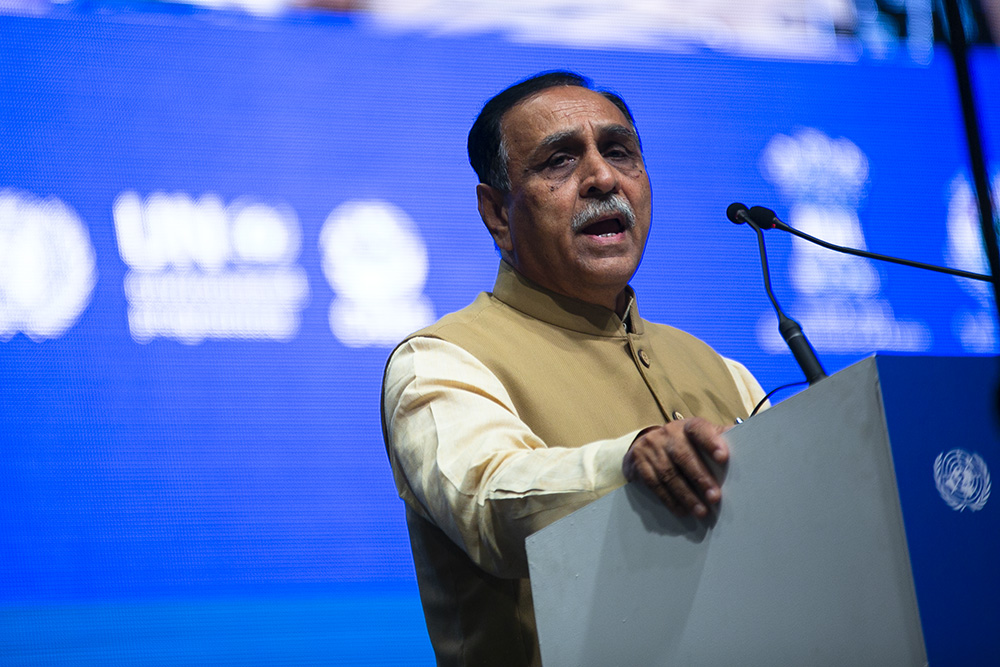
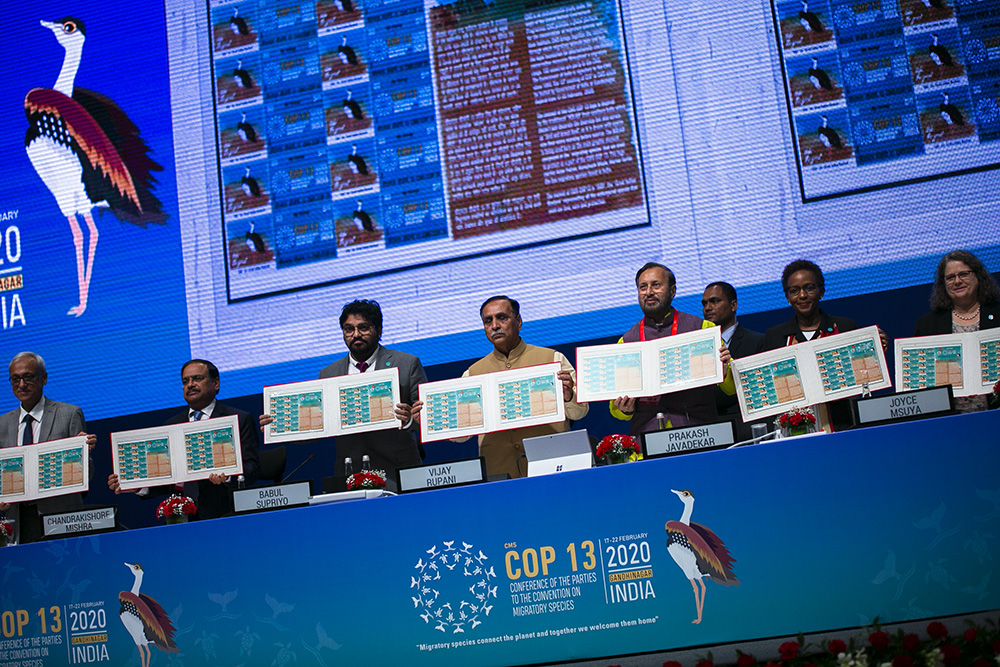
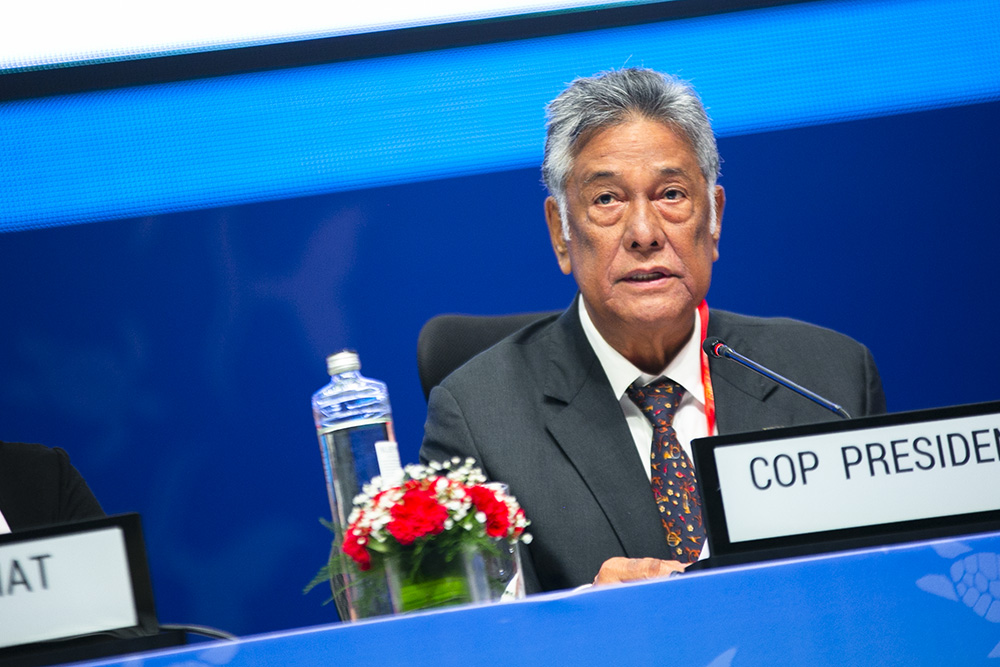
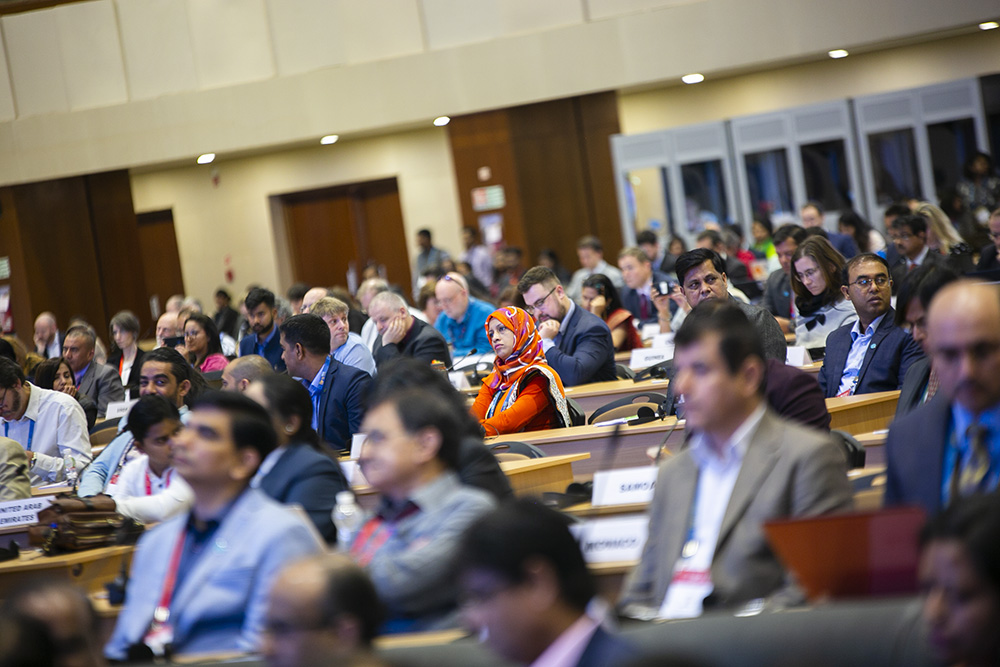
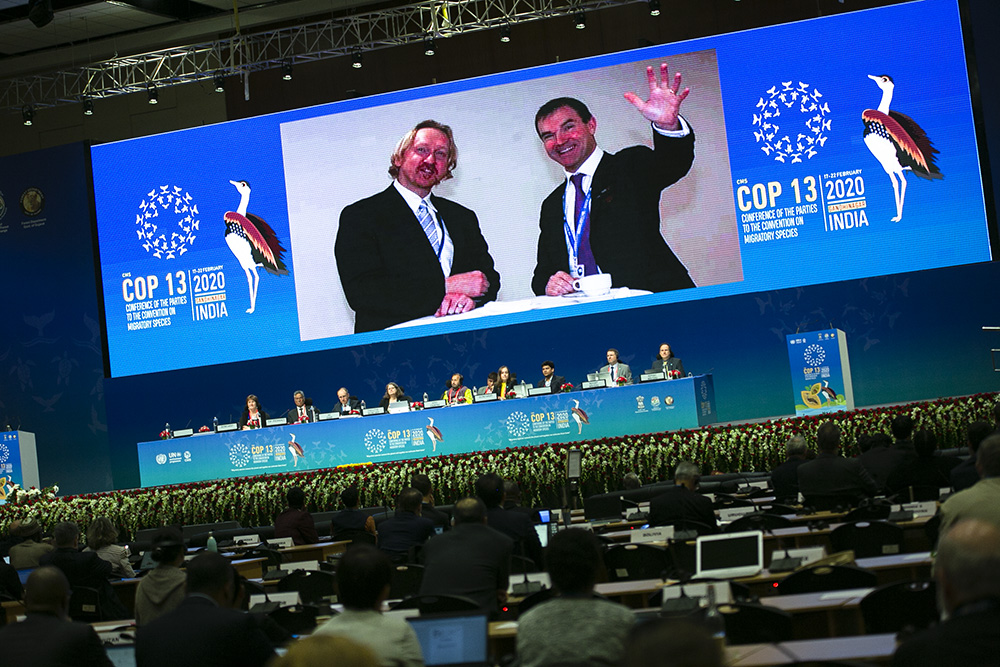
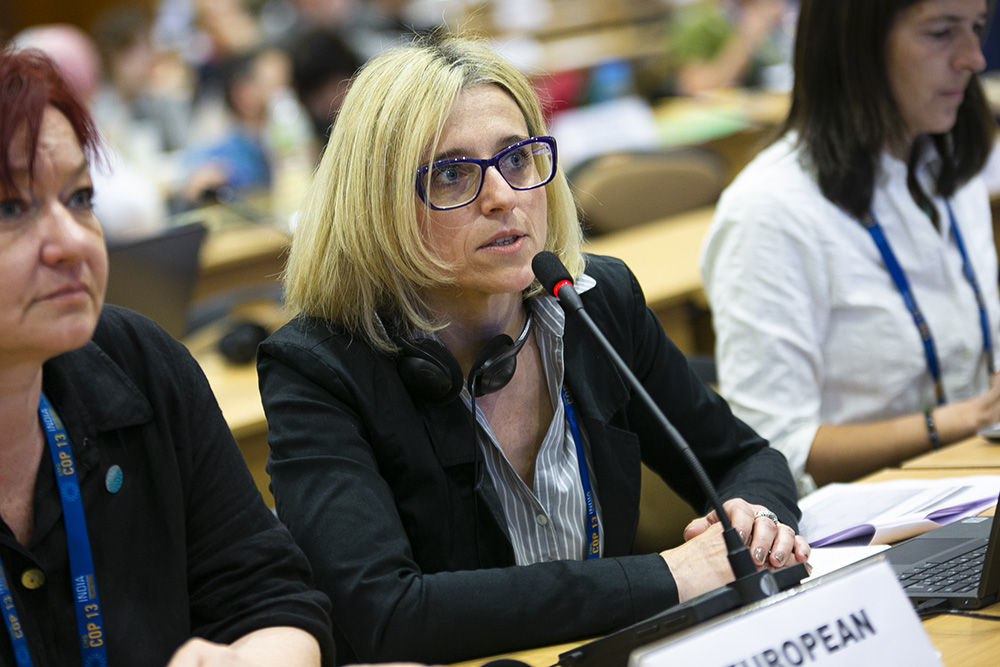
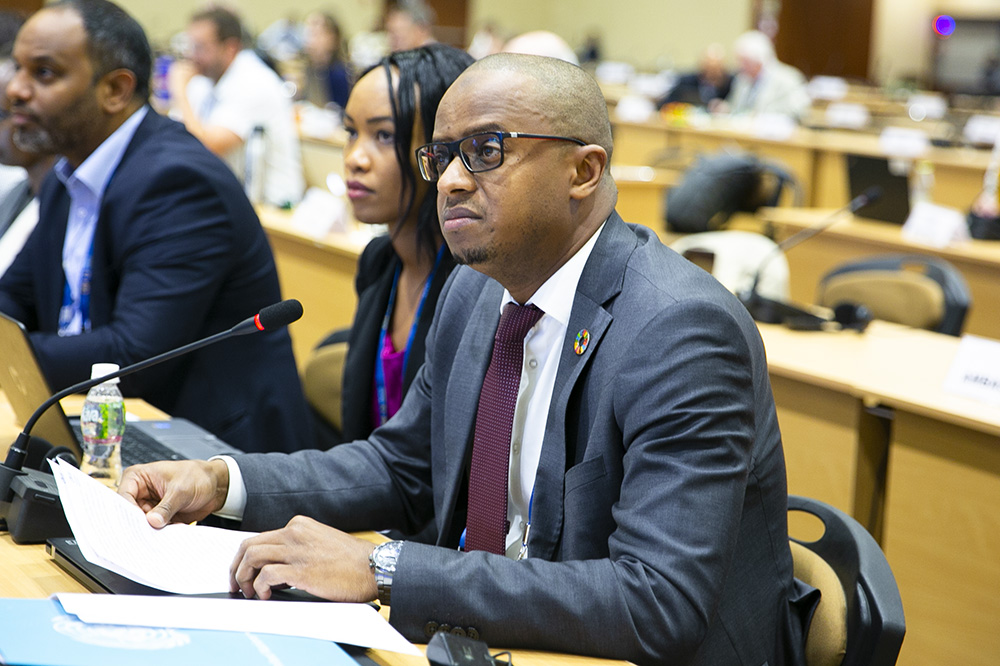
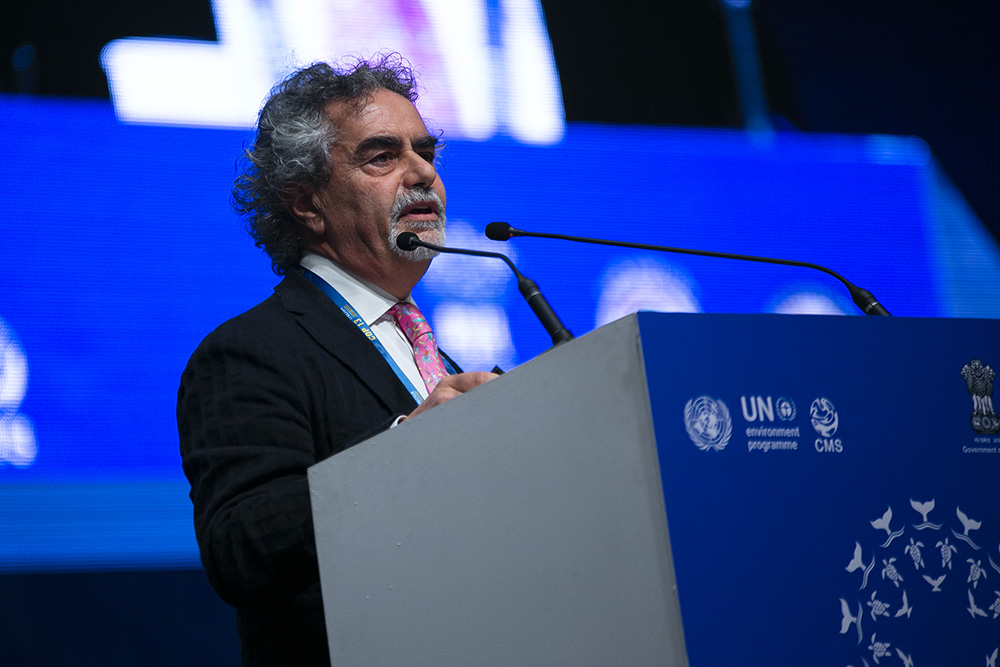
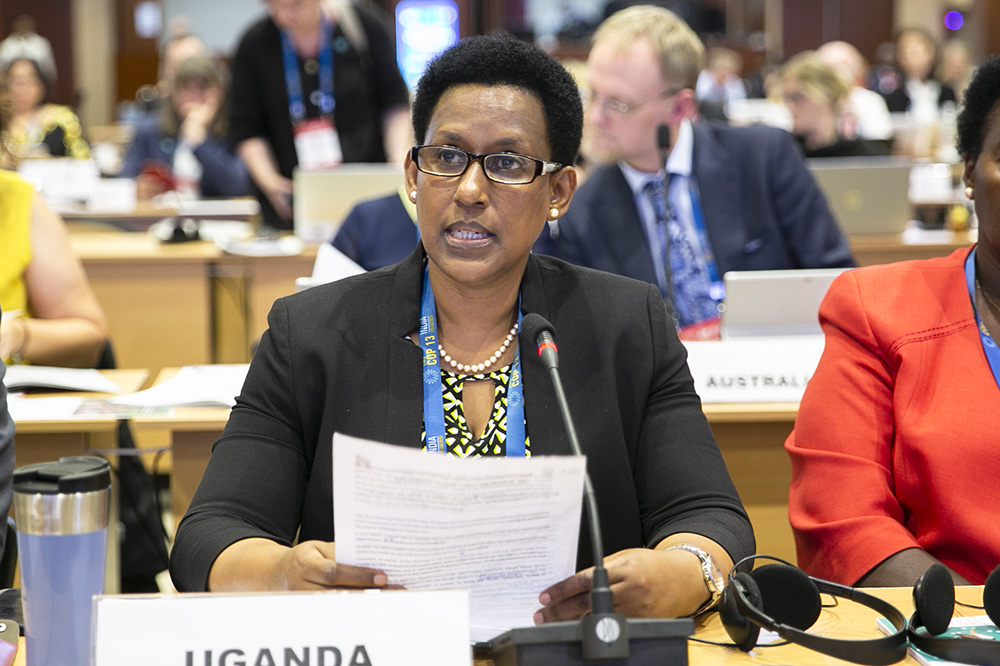
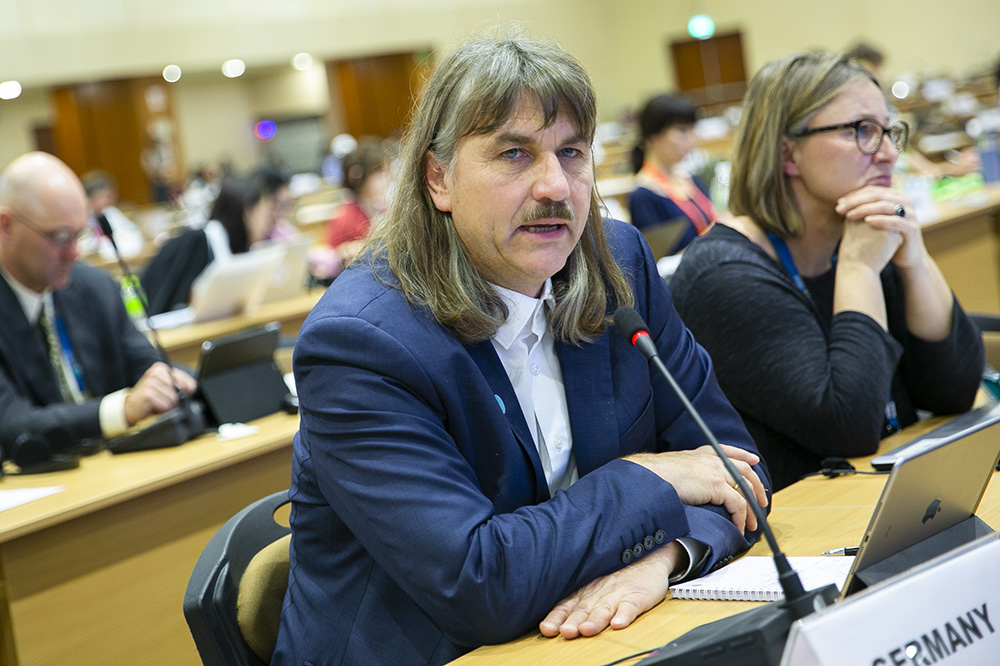
Reception Organized by India
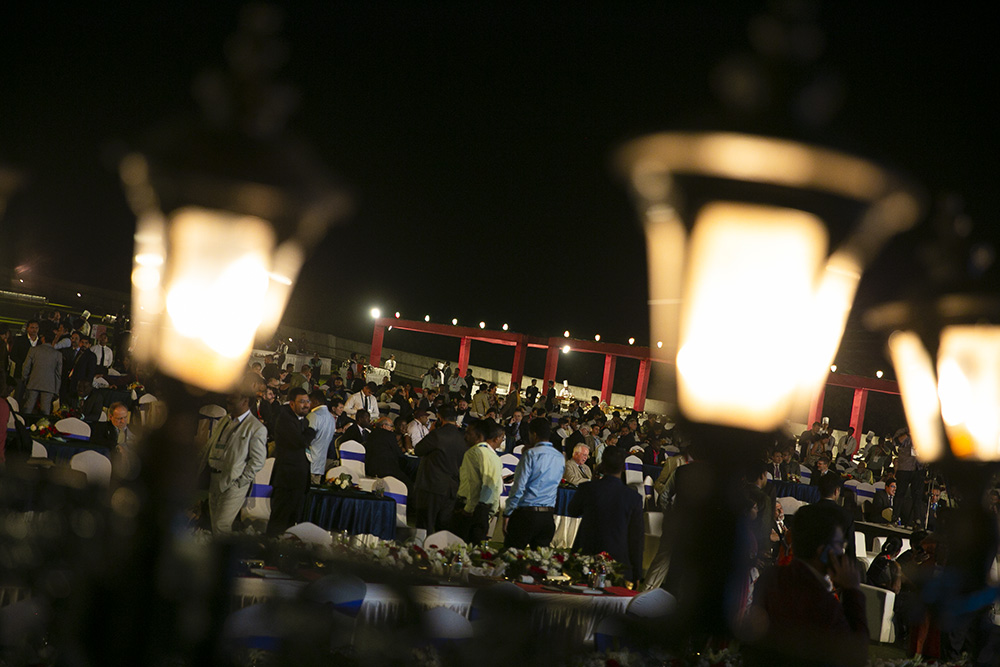
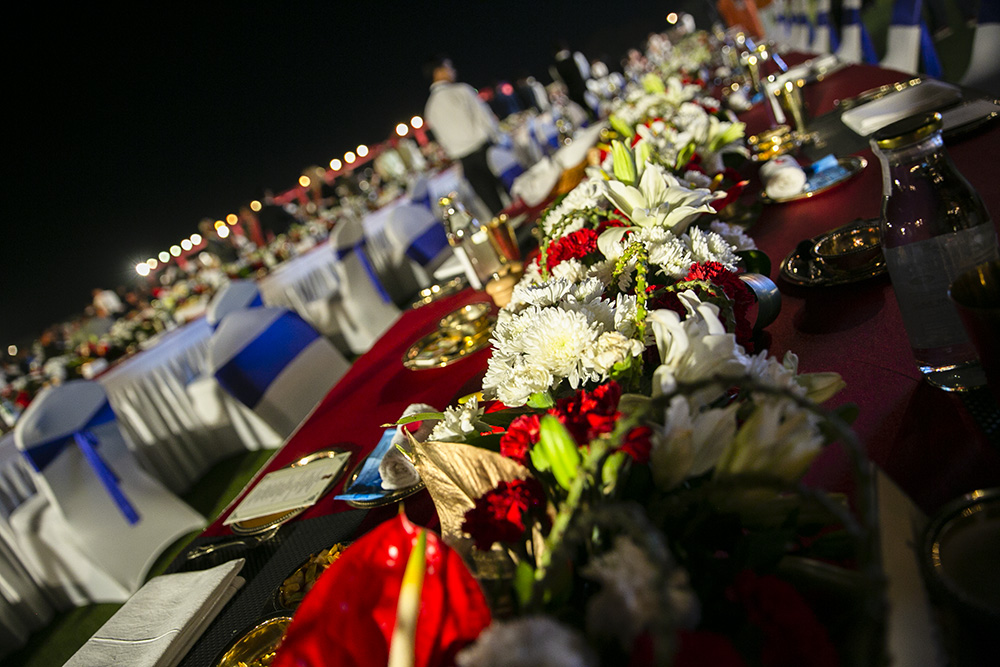
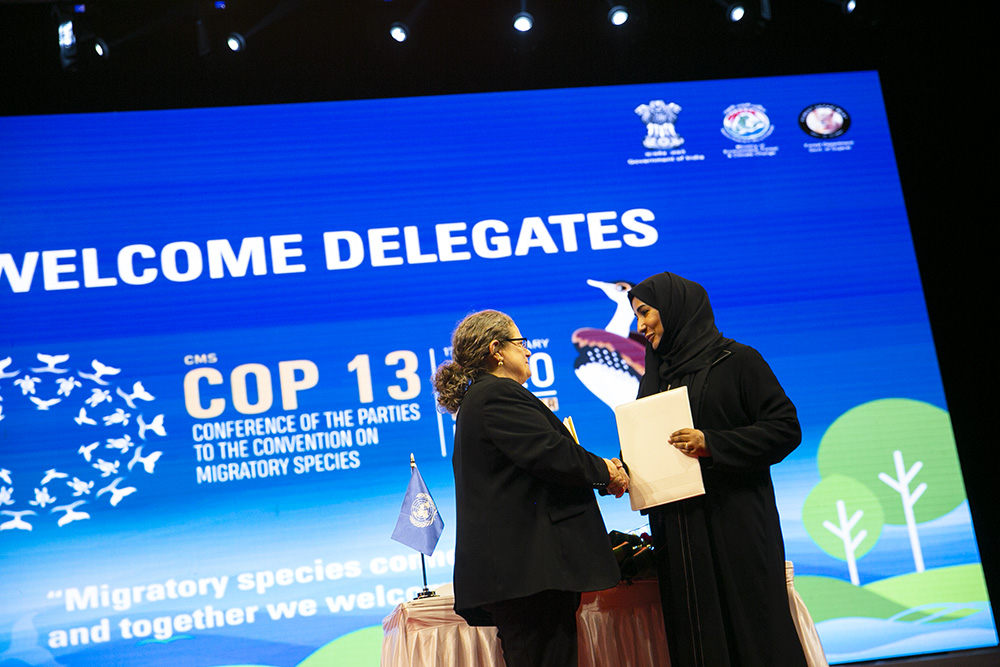
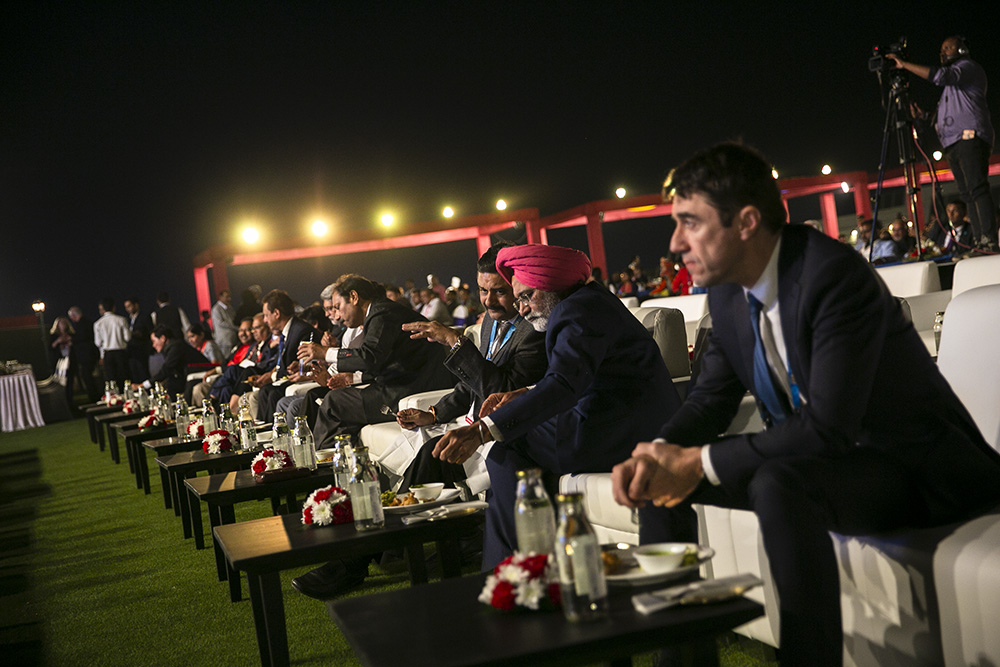
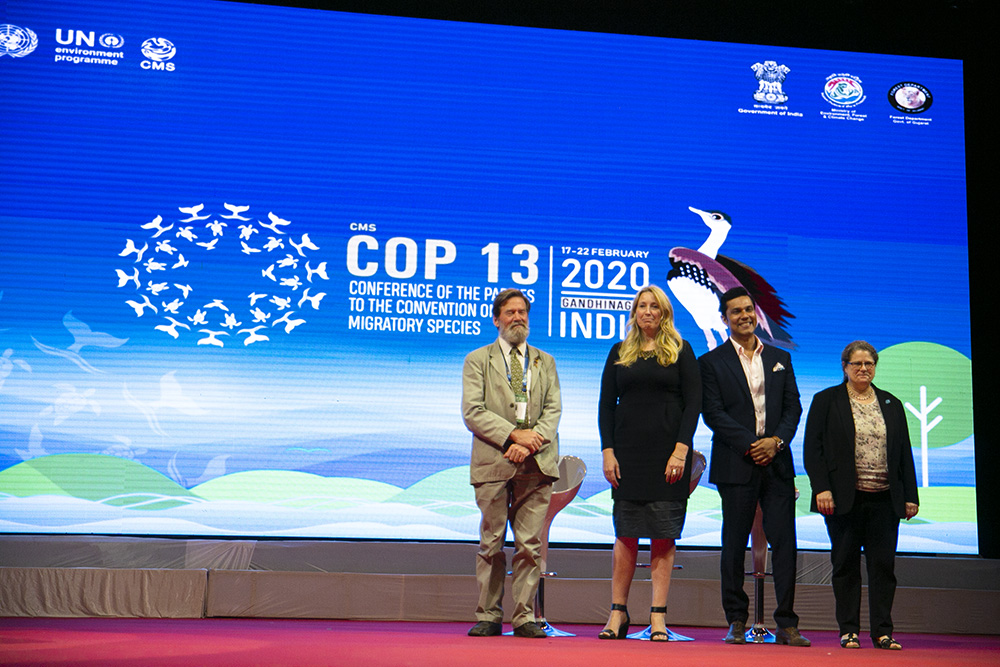
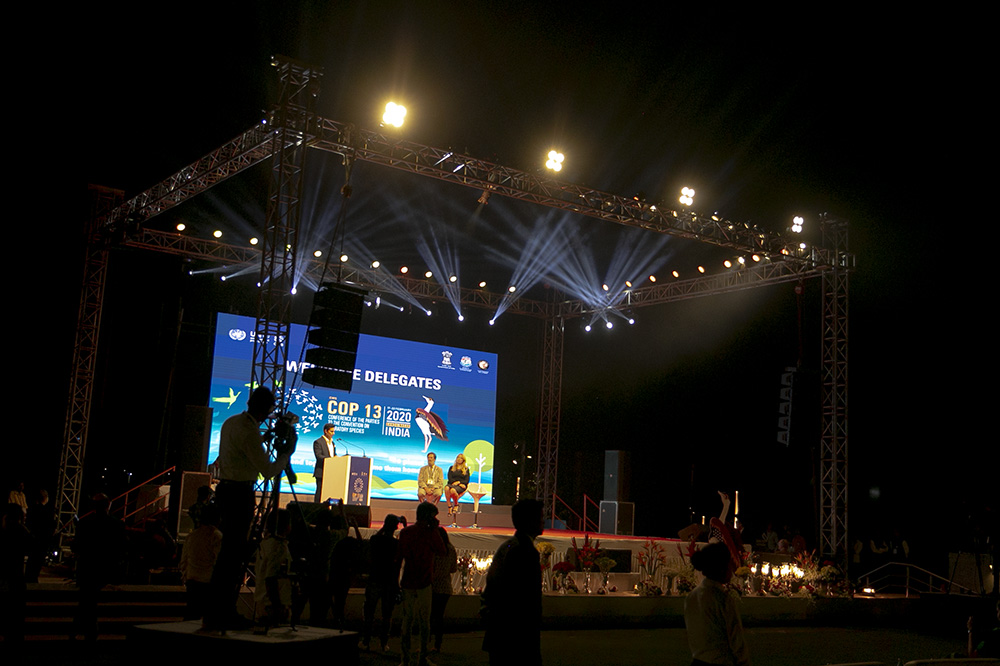
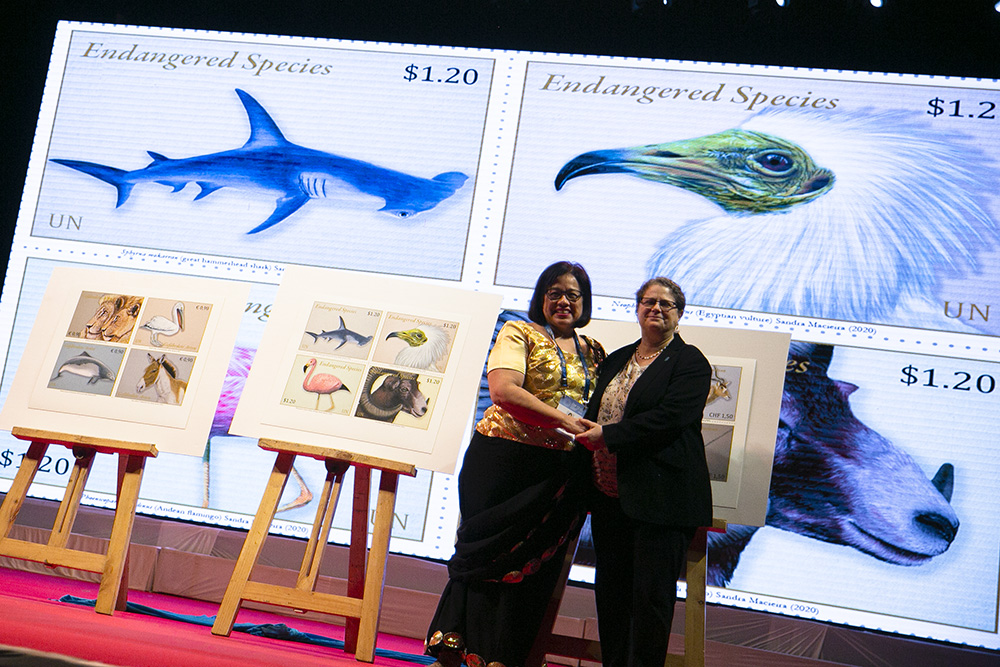
Around the Venue
